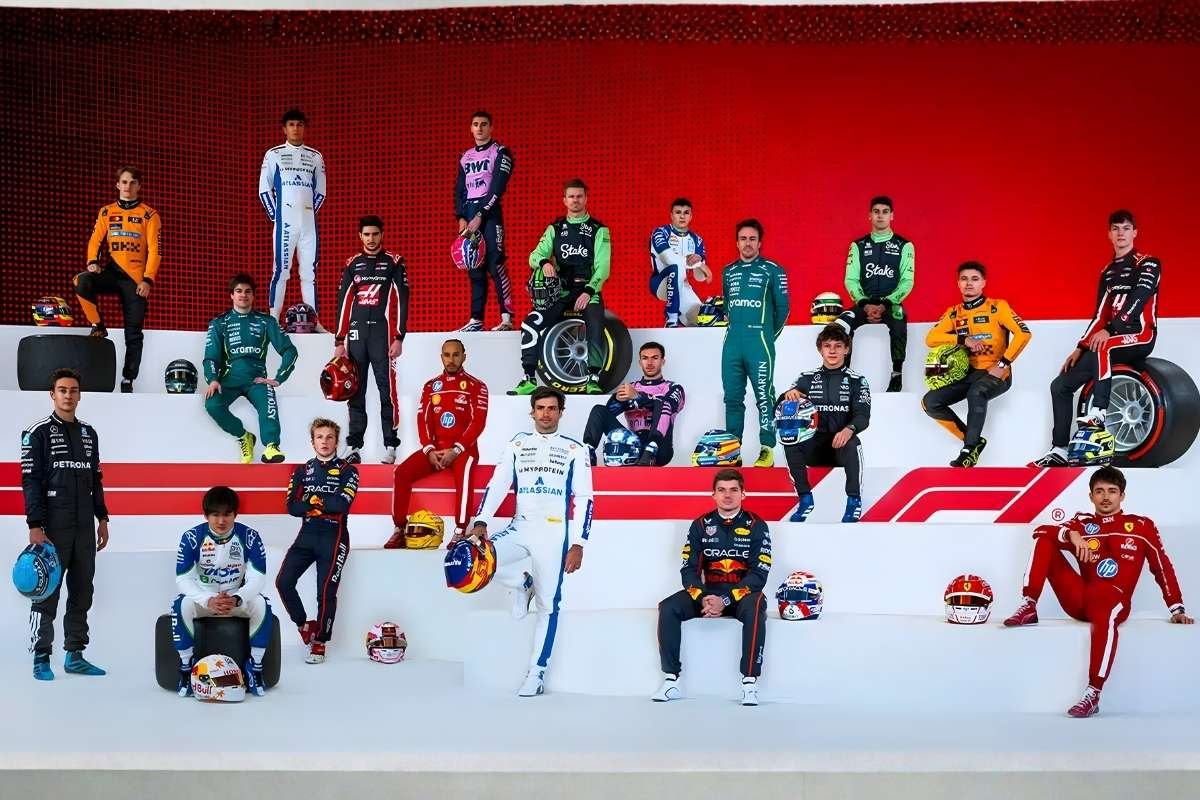Technology is almost constantly evolving – and the technology behind random number generators (RNGs) is no different. So, let’s take a look at some of the breakthroughs in RNG technology, and how this might impact businesses.
Quantum RNGs
Traditionally, RNGs came in two categories – pseudorandom number generators (PRNGs), which are mainly software-based, and true random number generators (TRNGs) which are mainly hardware-based (HRNGs). In either case, the purpose of the RNGs was to generate numbers at random, mirroring the same randomness or luck as you’d get with rolling a dice, spinning the reels, or flipping a coin. These RNGs have been widely used in various applications, particularly in online casino games. RNGs are the backbone of slots online with jackpots as they ensure that the results of the slot games are fair, the gameplay is authentic, and that the jackpots are won completely at random.

Source: Pixabay
In these applications, PRNGs, TRNGs, and HRNGs are random enough for their purpose. In other industries, particularly cryptographic settings, something even more random is required – and that’s where quantum mechanics comes in. Quantum RNGs (QRNGs) use the multiplicity and indeterminability of quantum mechanics to create entirely unpredictable RNGs. A light source is shone through a screen, at which point the light is simultaneously reflected and refracted. Eventually, sensors pick up where the light hits, which generates a random number. Thanks to this, the results simply cannot be predetermined, making the systems more reliable for high-stake applications.
AI-Driven QRNGs
One development of QRNGs is the integration of the equally growing element of AI. In 2023, Quantum Computing Inc. (QCi) sold the first ever reservoir computer and QRNG. QCi’s QRNG is said to not only be able to generate sequences of random numbers, but to follow properties and rules that have been inputted by the user. Due to this feature, the QRNG has the potential to create tailored simulations for financial forecasts and statistical analysis, as well as enhancing the application of AI in various sectors.
One of the buyers of QCi’s system, millionways, aims to do just that, by using it to boost the capabilities of machine learning platforms and AI. The QRNG is hoped to improve behavioral predictions and decision-making processes, speeding up analyses, and allowing for more personalized recommendations and more accurate answers to queries. In other industries, the same system is reported to be the key to pushing the boundaries of cybersecurity and AI capabilities.

Source: Pixabay
Photon Bunching
Of course, the applications of QRNGs and indeed RNGs in general largely depend on how random the numbers generated are. Even with the most complex algorithms, observing RNGs for long enough could reveal patterns – and, with the rising computational power of quantum computing, it is thought that one day these computers could even understand the patterns of QRNGs.

With this in mind, there’s no wonder that there has become a need for QRNGs with true, provable randomness, a milestone that has been achieved in research by Qrypt and Los Alamos National Labs (LANL). This groundbreaking technology can provide reliable true randomness using photon bunching, and has hit on a technique that is labeled as the ‘cornerstone’ for truly undeterminable QRNGs, benefiting both quantum entropy and key generation services.
As you can see, developments like QRNGs, AI integration, and photon bunching have taken RNGs to the next level. These innovations have the potential to improve randomness in all applications – from cryptography to online casino games, statistical research to market forecasting – ultimately signaling the next generation of RNGs.


















